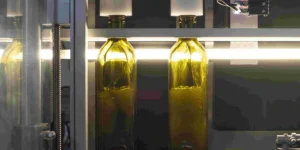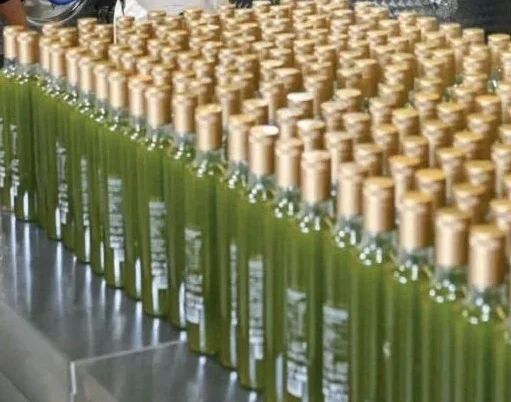With Foreign oil arrivals recorded a 64% increase in the first seven months of 2025, urgent measures are needed against the violations of EU competition rules, in particular in the field of concentrations and antitrust, to verify any Unfair agreements that distort the extra virgin olive oil market in Europe, when the olive oil campaign that needs to be protected has just begun in Puglia. The alarm has been raised Coldiretti e Unaprol who believe it is urgent to clarify how it is possible that extra virgin olive oil is exchanged for 9 € / kg, despite the low stocks and high production costs, while Extra-EU virgin oils arrive on the European market with prices even lower than €3/kg, generating serious pressure on prices in Italy and Spain, with 385 million kilos of product having crossed national borders
 David Granieri
David Granieri
We are witnessing anomalous and suspicious movements of oil from non-EU countries, often reintroduced into the EU market at rock-bottom prices, with distorting effects on the entire supply chain. We need transparency, protection for producers, and equal rules for everyone. complaint David Granieri, president of Unaprol and vice president of Coldiretti, regarding the anomalies in the oil market and the suspicions of price disturbances linked to import flows, in particular from North Africa e Turkey.
“The inward processing mechanism, in the absence of a European traceability register – explains Granieri – It leaves ample scope for evasive operations. There is a real risk that non-EU oil will enter the EU market disguised as a European product, damaging Italian production and betraying consumer trust.
Coldiretti and Unaprol also emphasize that Spain, the main purchaser of Tunisian olive oil, does not have a traceability system comparable to the Italian Electronic Olive Oil Register. This gap could facilitate the reintroduction of non-EU products into European markets without adequate controls. The organizations report increasingly frequent suspicious connections with other non-European countries, undermining the credibility of the entire olive oil sector.

Coldiretti and Unaprol believe it is essential to strengthen controls on incoming flows, especially during the Italian harvest months, to combat dumping and speculative practices. Unaprol declares its readiness to collaborate with European and national institutions to develop an integrated traceability model between the Company File and the Electronic Olive Oil Register. “The Italian olive sector – concludes Granieri – It doesn’t ask for protection, but for clear, transparent, and common rules. Only in this way can we defend honest producers and guarantee consumers a truly 100% Italian extra virgin olive oil, the fruit of quality, hard work, and legality.”
Share on:


Dining and Cooking